Syrian president outlines new peace plan
Syrian President Bashar al-Assad on Sunday outlined a new peace initiative that includes “reconciliation with those who have not betrayed Syria”.
Sunday, 06.01.2013.
13:26

DAMASCUS Syrian President Bashar al-Assad on Sunday outlined a new peace initiative that includes “reconciliation with those who have not betrayed Syria”. The plan also envisages forming of a new government and amnesty. Syrian president outlines new peace plan "The first part of a political solution would require regional powers to stop funding and arming (the rebels) an end to terrorism and controlling the borders," he said. According to the Syrian president, the government “has not found a partner” for a political solution to the crisis in the country but that does not mean that it is not interested in finding a solution. He said the conflict was not one between the government and the opposition but between the "nation and its enemies.” "The one thing that is sure that those who we face today are those who carry the al-Qaida ideology," Assad said, repeating previous assertions that "foreign terrorists" are behind the uprising in his country, AFP has reported. He lamented the suffering of the people in the civil war and called his opponents “enemies of God and puppets of the West”. Assad said the opposition against him was not a revolution, BBC has reported. "That would need thinkers and be based on an idea. It needs leadership - who is the leader of this revolution,” the Syrian president said and assessed that rebels were “just a bunch of criminals”. The UN estimates that more than 60,000 people have been killed in the uprising, which began in March 2011. Diplomatic efforts to end conflicts have not yielded results so far. Since then opposition forces have gained control of swathes of territory in northern Syria and have formed the SNC, a more inclusive leadership that has been recognized by the U.S. and the EU, BBC says. But rebel efforts to gain ground in and around major cities including Damascus have been met by stiff resistance and increasingly destructive air strikes. UN and Arab League Envoy Lahdar Brahimi has been trying to implement a plan adopted at the international conference in June that envisages forming of a transitional government but does not clearly define Assad’s role. Brahimi and Russian Foreign Minister Sergei Lavrov said recently that a dialogue was the only option. NATO started deploying Patriot missiles in Turkey in order to help Turkish troops deter attacks from Syria. Bashar al-Assad (Beta) Beta Tanjug
Syrian president outlines new peace plan
"The first part of a political solution would require regional powers to stop funding and arming (the rebels) an end to terrorism and controlling the borders," he said.According to the Syrian president, the government “has not found a partner” for a political solution to the crisis in the country but that does not mean that it is not interested in finding a solution.
He said the conflict was not one between the government and the opposition but between the "nation and its enemies.”
"The one thing that is sure that those who we face today are those who carry the al-Qaida ideology," Assad said, repeating previous assertions that "foreign terrorists" are behind the uprising in his country, AFP has reported.
He lamented the suffering of the people in the civil war and called his opponents “enemies of God and puppets of the West”.
Assad said the opposition against him was not a revolution, BBC has reported.
"That would need thinkers and be based on an idea. It needs leadership - who is the leader of this revolution,” the Syrian president said and assessed that rebels were “just a bunch of criminals”.
The UN estimates that more than 60,000 people have been killed in the uprising, which began in March 2011. Diplomatic efforts to end conflicts have not yielded results so far.
Since then opposition forces have gained control of swathes of territory in northern Syria and have formed the SNC, a more inclusive leadership that has been recognized by the U.S. and the EU, BBC says.
But rebel efforts to gain ground in and around major cities including Damascus have been met by stiff resistance and increasingly destructive air strikes.
UN and Arab League Envoy Lahdar Brahimi has been trying to implement a plan adopted at the international conference in June that envisages forming of a transitional government but does not clearly define Assad’s role.
Brahimi and Russian Foreign Minister Sergei Lavrov said recently that a dialogue was the only option. NATO started deploying Patriot missiles in Turkey in order to help Turkish troops deter attacks from Syria.






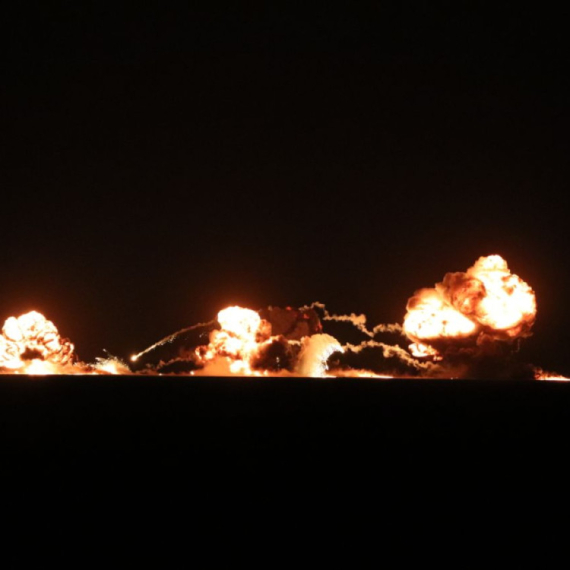





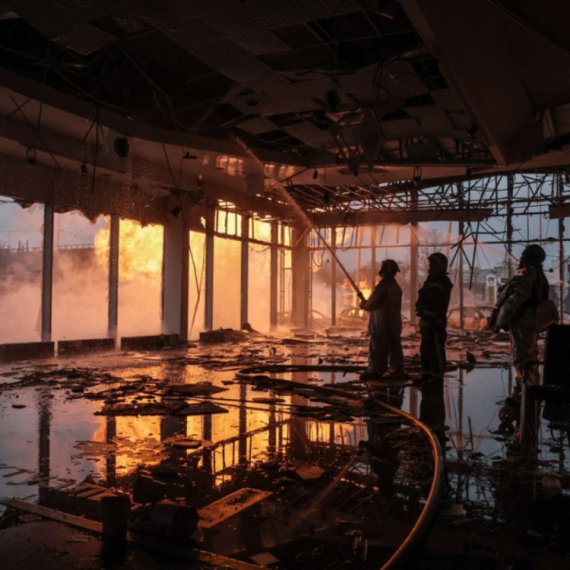
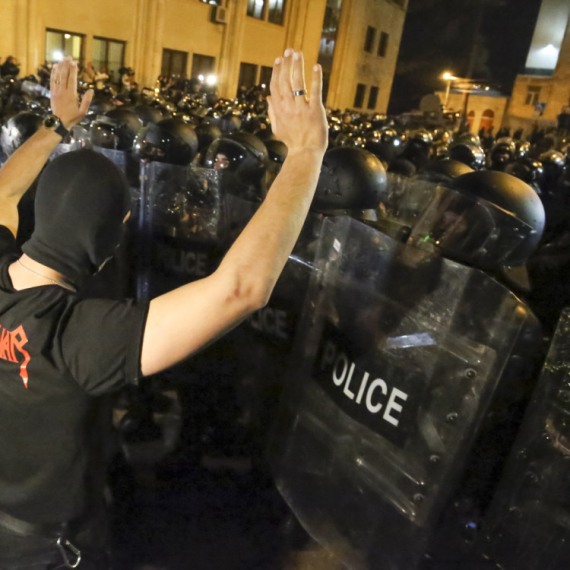

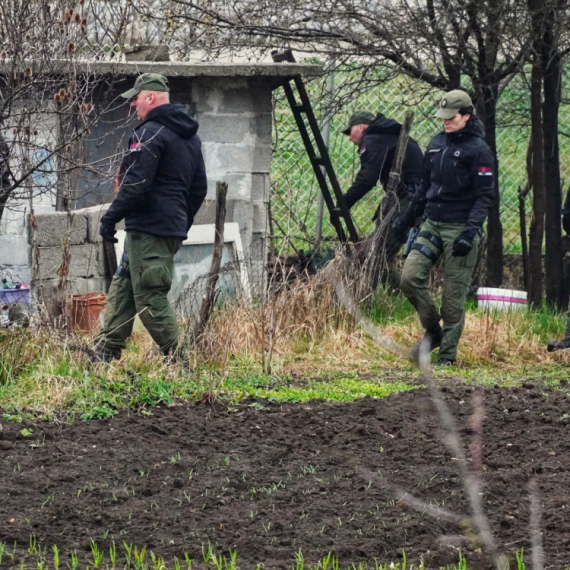
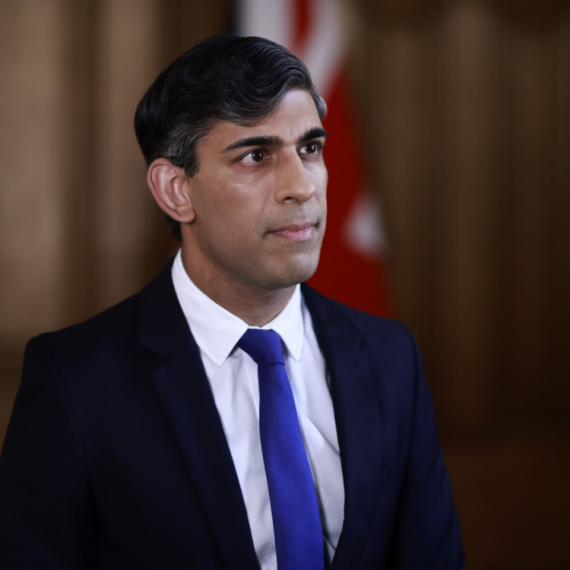
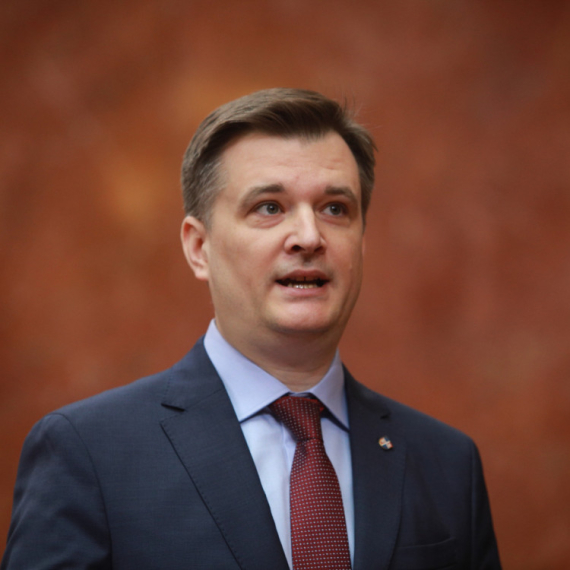
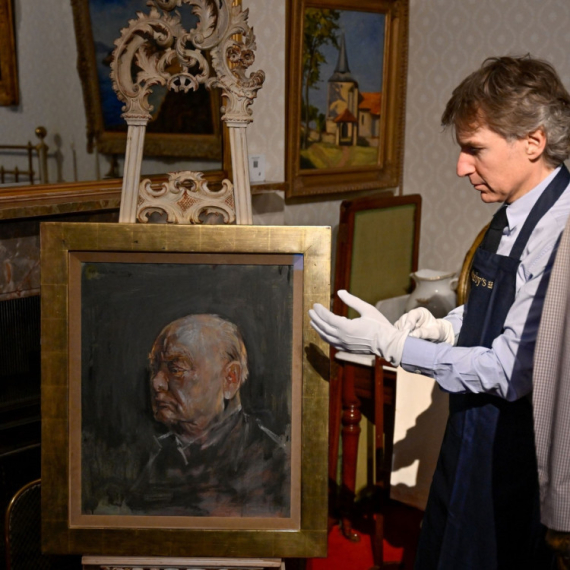
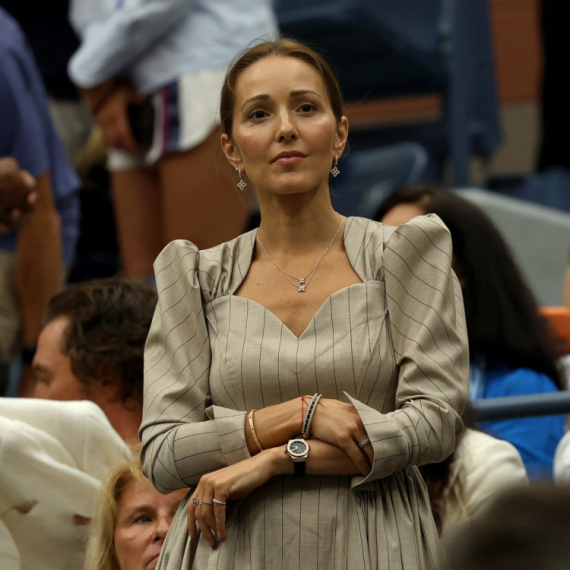


















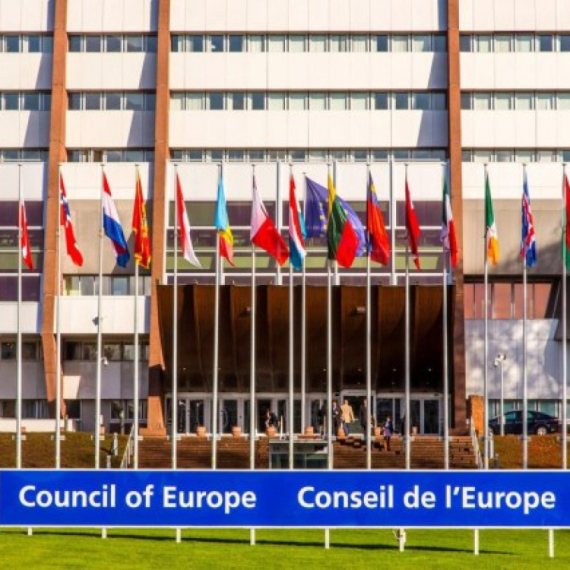













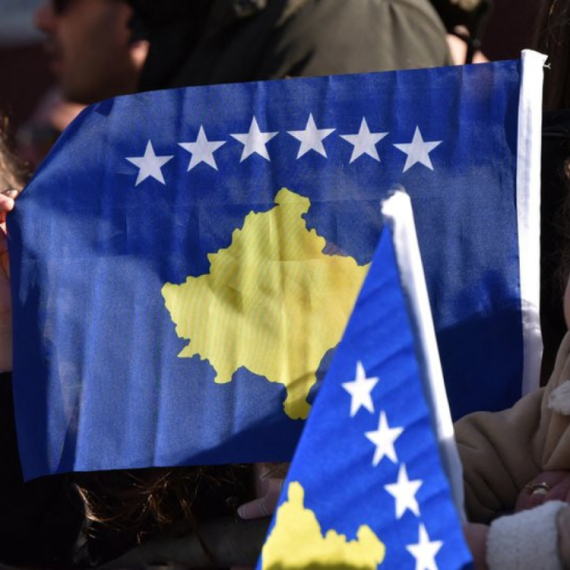
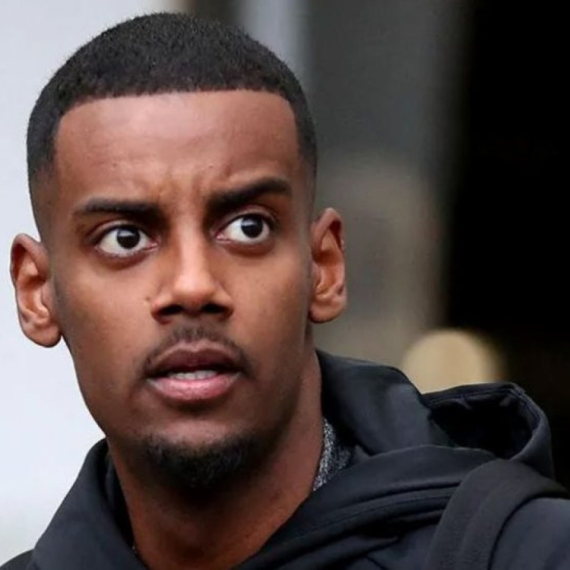




Komentari 4
Pogledaj komentare